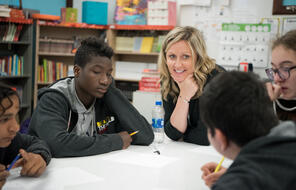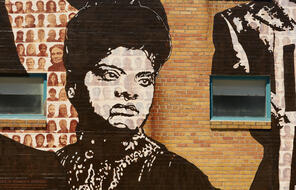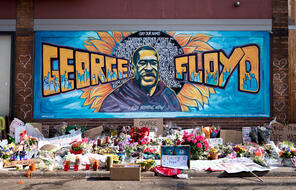Stanford Sexual Assault Victim’s Statement
In 2015, a 23-year-old woman was sexually assaulted by 19-year-old Stanford University student, Brock Turner. Turner, who assaulted her whilst she was unconscious, was given a very lenient sentence: six months’ imprisonment in a county jail. The judge could have sentenced him for up to fourteen years in a state jail, a more severe punishment and type of prison.
During the court case, Turner’s position as a Stanford University student and champion swimmer from a wealthy background was used to defend him, as was the fact that he was intoxicated. Turner blamed his actions on being drunk.
Below is an excerpt from the victim’s statement, which she read out during the trial. Some of it is addressed directly to Turner. Victims of sexual assault are protected from identification in court cases, but the victim has since identified herself as Chanel Miller out of choice.
. . . Assault is not an accident. This is not a story of another drunk college hook-up with poor decision making. Somehow, you still don’t get it. Somehow, you still sound confused . . .
You said [in your defendant’s statement], ‘Being drunk I just couldn’t make the best decisions and neither could she.’
Alcohol is not an excuse. Is it a factor? Yes . . . Having too much to drink was an amateur mistake that I admit to, but it is not criminal. Everyone in this room has had a night where they have regretted drinking too much, or knows someone close to them who has had a night where they have regretted drinking too much. Regretting drinking is not the same as regretting sexual assault . . .
. . . You have been convicted of violating me with malicious intent, and all you can admit to is consuming alcohol. Do not talk about the sad way your life was upturned because alcohol made you do bad things. Figure out how to take responsibility for your own conduct.
. . .[Y]ou said, I want to show people that one night of drinking can ruin a life.
Ruin a life, one life, yours, you forgot about mine. Let me rephrase for you, I want to show people that one night of drinking can ruin two lives. You and me. You are the cause, I am the effect . . . You took away my worth, my privacy, my energy, my time, my safety, my intimacy, my confidence, my own voice, until today.
. . . You made me a victim. In newspapers my name was “unconscious intoxicated woman”, ten syllables, and nothing more than that. For a while, I believed that that was all I was. I had to force myself to relearn my real name, my identity. To relearn that this is not all that I am . . .
You have no idea how hard I have worked to rebuild parts of me that are still weak. It took me eight months to even talk about what happened . . . I didn’t want anyone’s pity and am still learning to accept victim as part of my identity . . .
You should have never done this to me. Secondly, you should have never made me fight so long to tell you, you should have never done this to me. But here we are. The damage is done, no one can undo it. And now we both have a choice. We can let this destroy us, I can remain angry and hurt and you can be in denial, or we can face it head on, I accept the pain, you accept the punishment, and we move on.
Your life is not over, you have decades of years ahead to rewrite your story . . . Right now your name is tainted, so I challenge you to make a new name for yourself, to do something so good for the world, it blows everyone away. . .
. . . I hope you will become a better more honest person who can properly use this story to prevent another story like this from ever happening again. I fully support your journey to healing, to rebuilding your life, because that is the only way you’ll begin to help others . . . 1
- 1‘Stanford sexual assault case: victim impact statement in full’, The Guardian, 6 June 2016, originally published in Katie J.M. Baker, Here's The Powerful Letter The Stanford Victim Read To Her Attacker, June 30, 2016. Reproduced by permission of BuzzFeed News and Katie J.M. Baker














